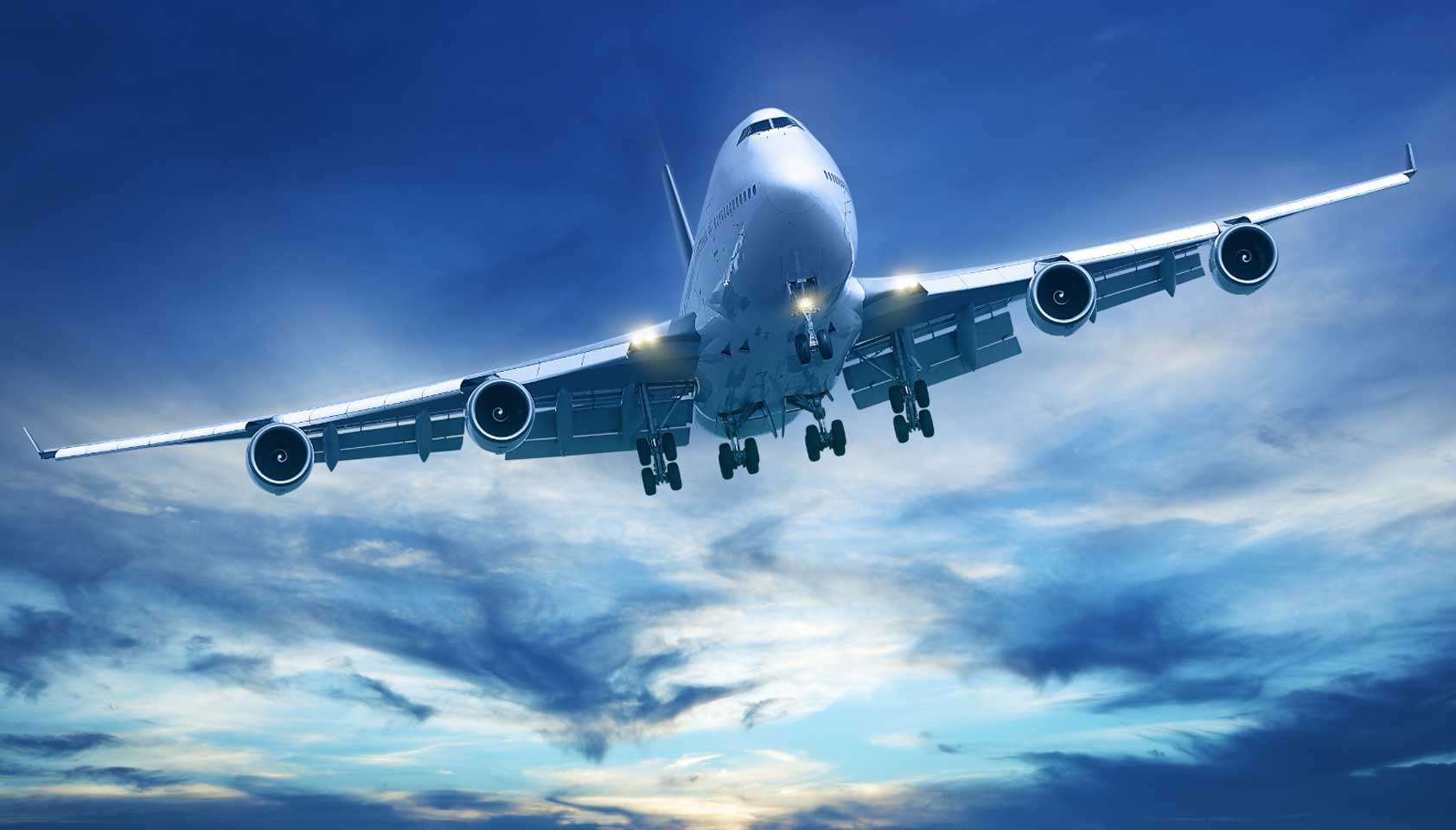The Indian Union Cabinet today cleared a new civil aviation policy with some changes in the rules that allow cargo operations. The Cabinet has removed a proposal which sought a payment of Rs 8,000 per flight (approx. US$ 120) from airlines to fund the regional connectivity scheme, saying that the rate will be decided from time to time.
“In the aviation policy, we had proposed that the government should charge Rs 8,000 (US$120) per landing from airlines to fund the regional connectivity plan,” said a senior aviation ministry official, who did not want to be identified. According to the new rule, the cabinet has approved replacing 5/20 international flying norms with just 20 aircraft. Stating the policy as “gamechanger”, Civil Aviation Minister P Ashok Gajapathi Raju tweeted, “NDA (National Democratic Alliance) government clears India’s first ever integrated National Civil Aviation Policy. This will be a gamechanger for the sector.” The other key initiative of the aviation policy includes regional connectivity policy, that aims at providing connectivity to smaller cities at a fare of Rs 2,500 (US$40) per hour. The Civil Aviation Ministry had sent the proposed policy to Cabinet for approval on June 3.
The NDA government had for the first time unveiled the policy draft in November 2014, subsequently replacing it with another draft in October 2015. Initially, the policy was expected to be finalised in the last financial year as certain proposals were to be implemented from April 1, 2016. Significantly, India’s domestic air traffic market logged the fastest growth in the world for the 13th consecutive month in April. The market grew at nearly 22 per cent during the month. “India’s domestic traffic soared 21.8 per cent, marking the 20th month of double-digit traffic growth and the 13th consecutive month it has led the domestic markets,” global airlines body, International Air Transport Association (IATA) had said last month. Initially, the policy was expected to be finalised in the last financial year as certain.
However, the government had been moving back and forth on the policy seeking to sort out the differences among stakeholders including on 5/20 norm. In the run-up to the framing of policy, various provisions including the issue of international flying norm witnessed extensive debate, with legacy carriers opposing any changes to the rule, while startup airlines frantically demanding its scrapping. Significantly, AirAsia Berhad a key stakeholder in AirAsia India had recently said that it was confident of the Government scrapping the norm. “…the ruling (5/20 norm) is expected to be revoked along with a new National Civil Aviation Policy (NCAP) to be introduced in the near future, given massive lobbying against it,” AirAsia Berhad said in its 2015 annual report. (Economic Times – ET Bureau)


